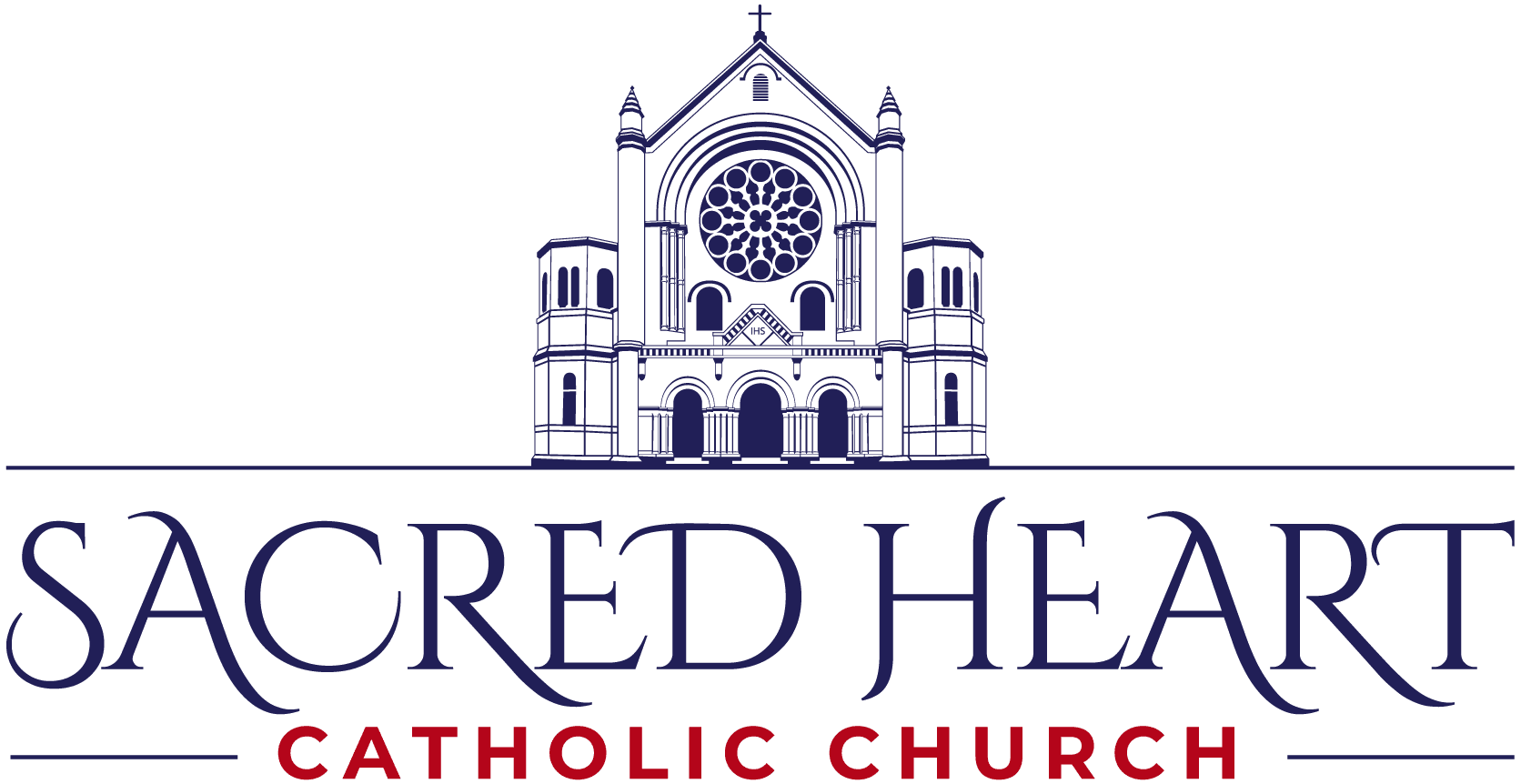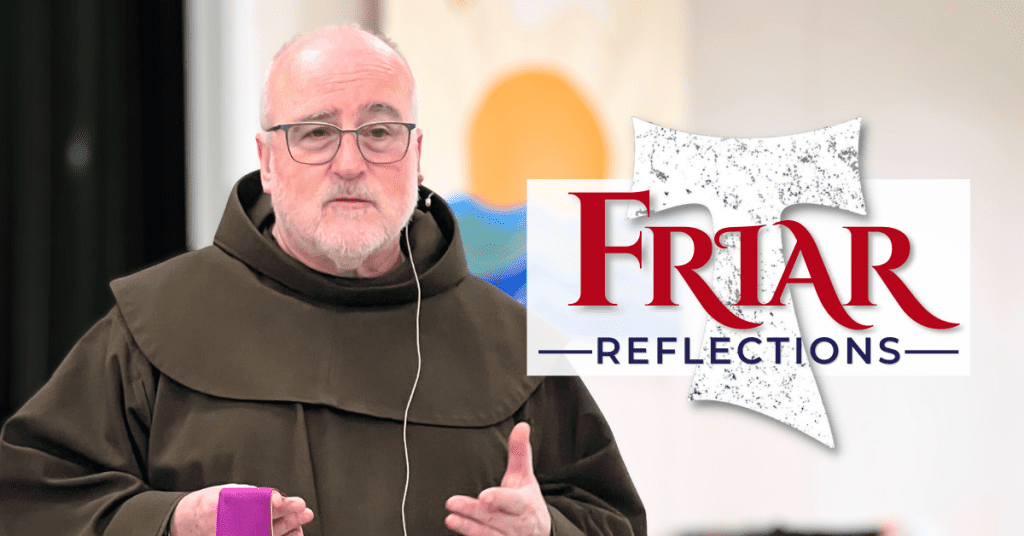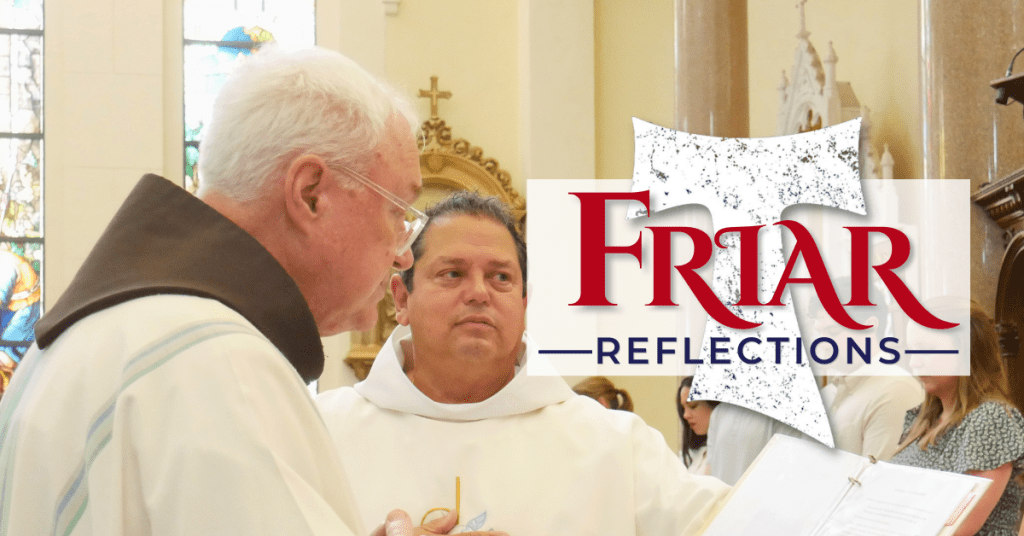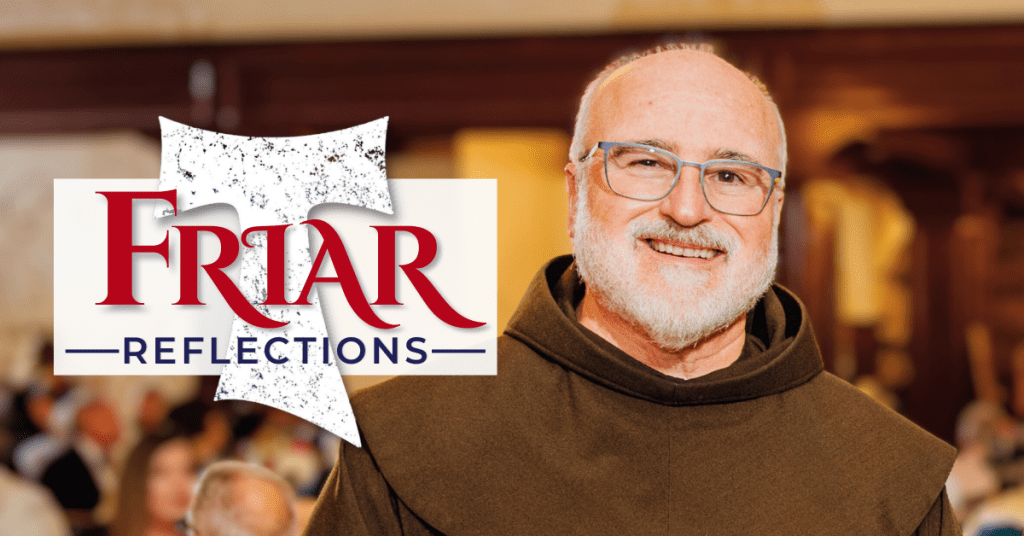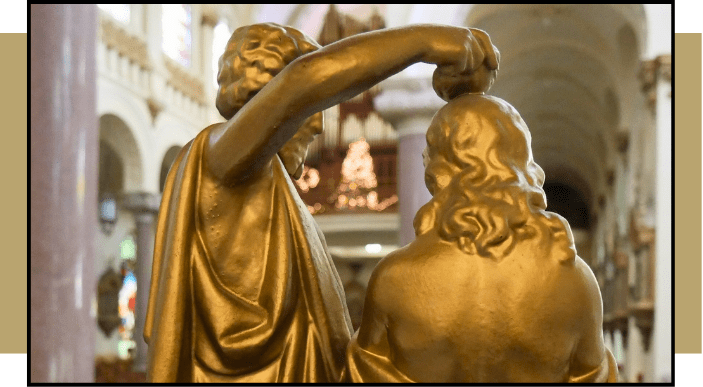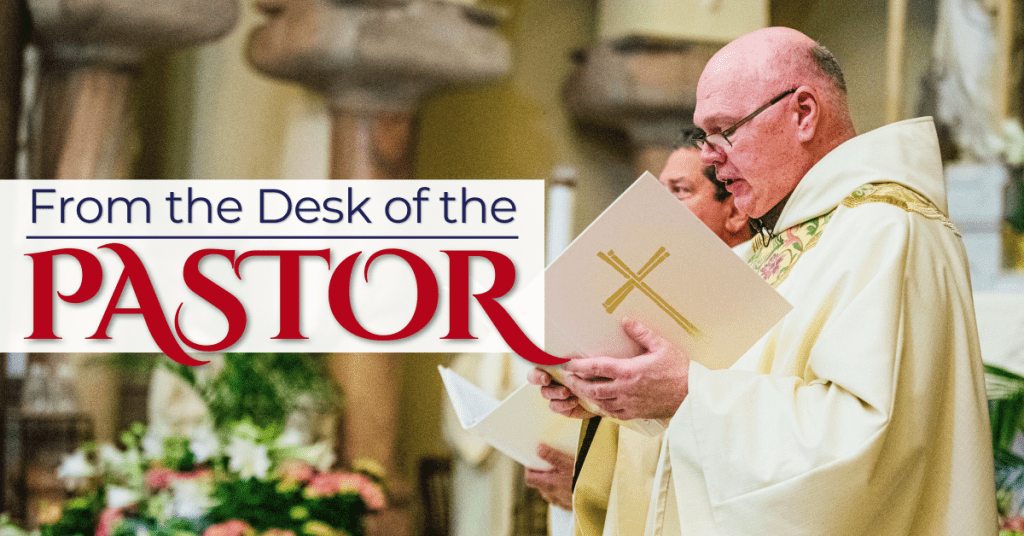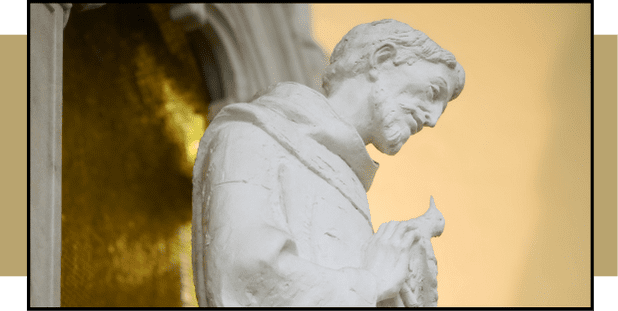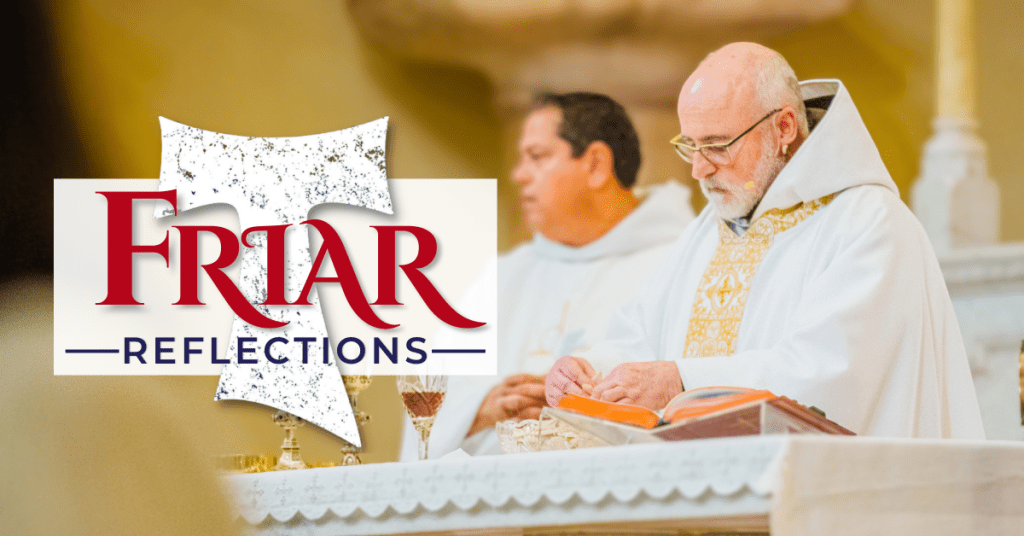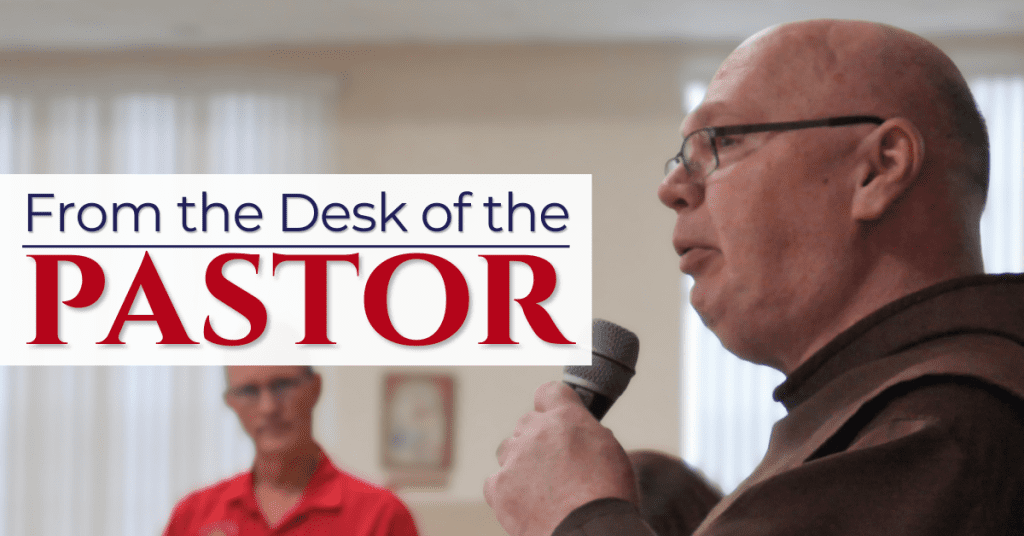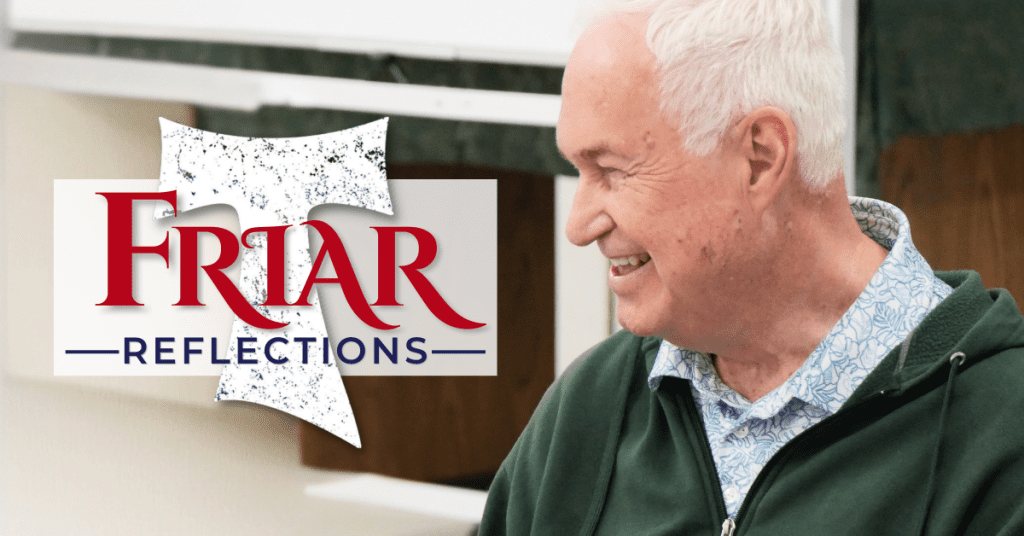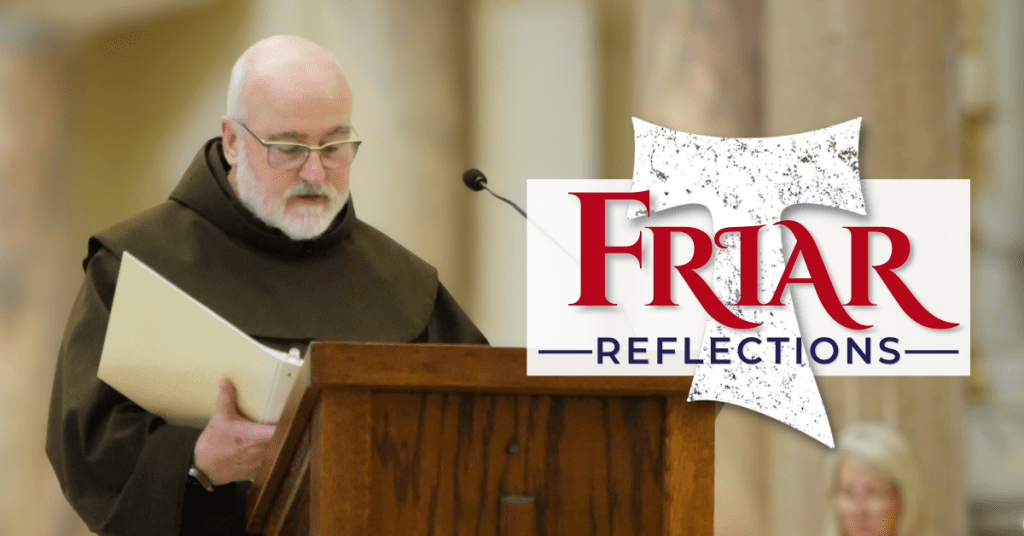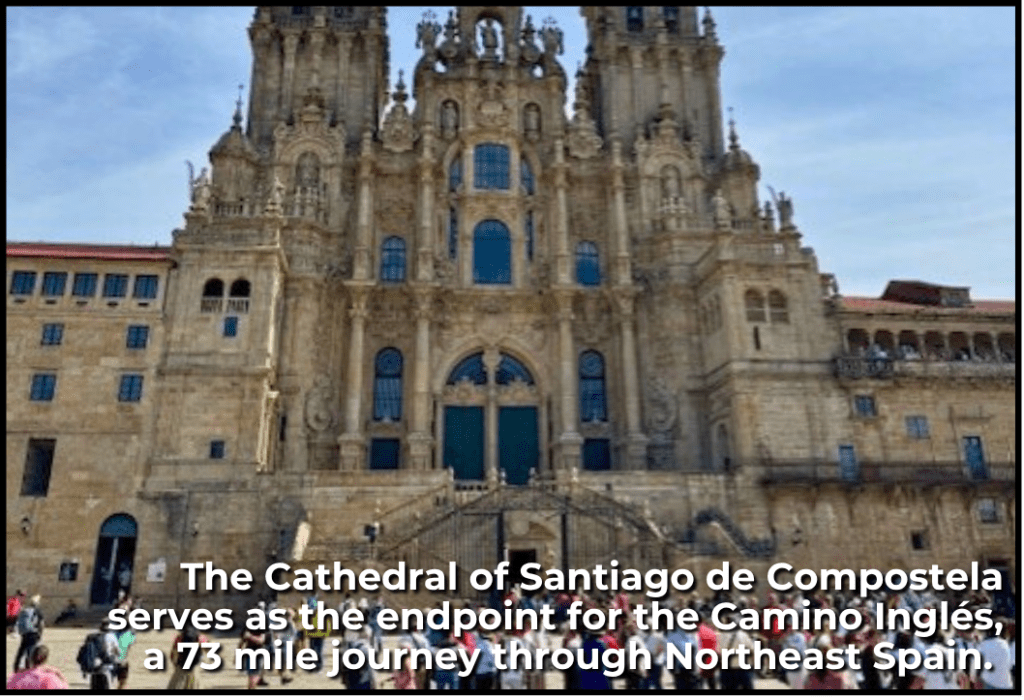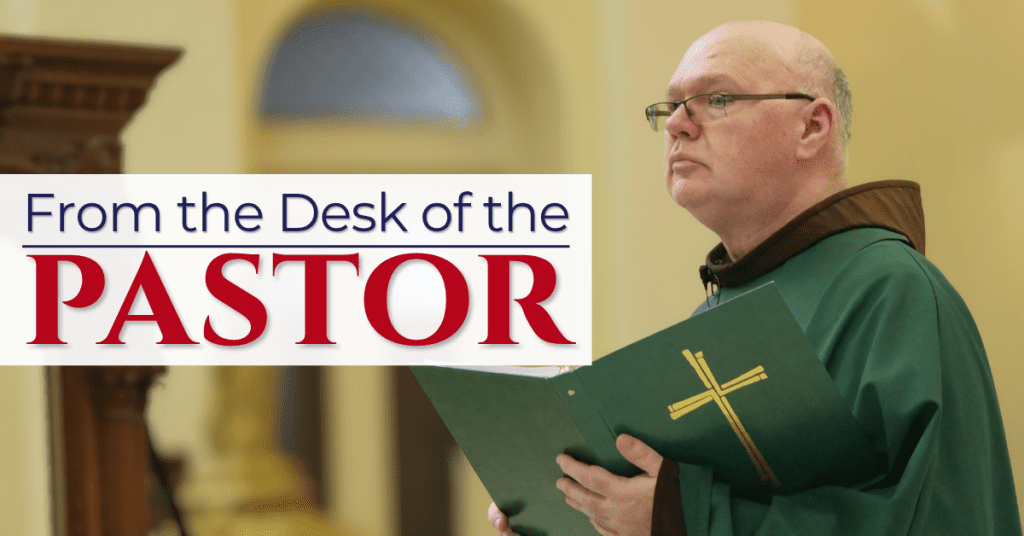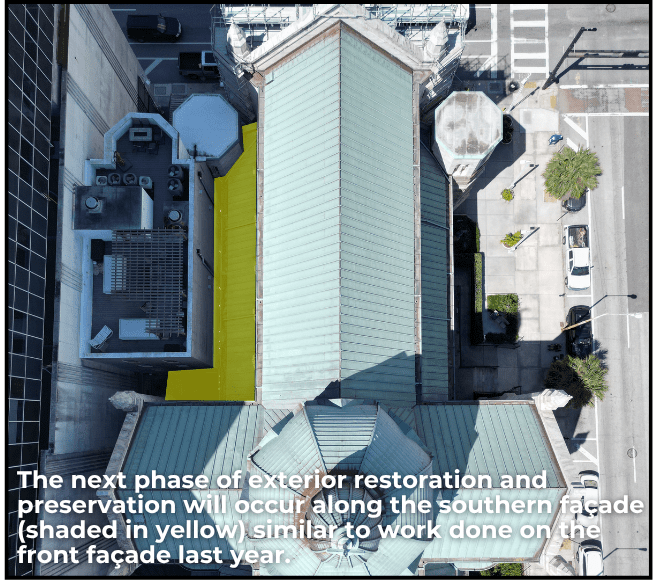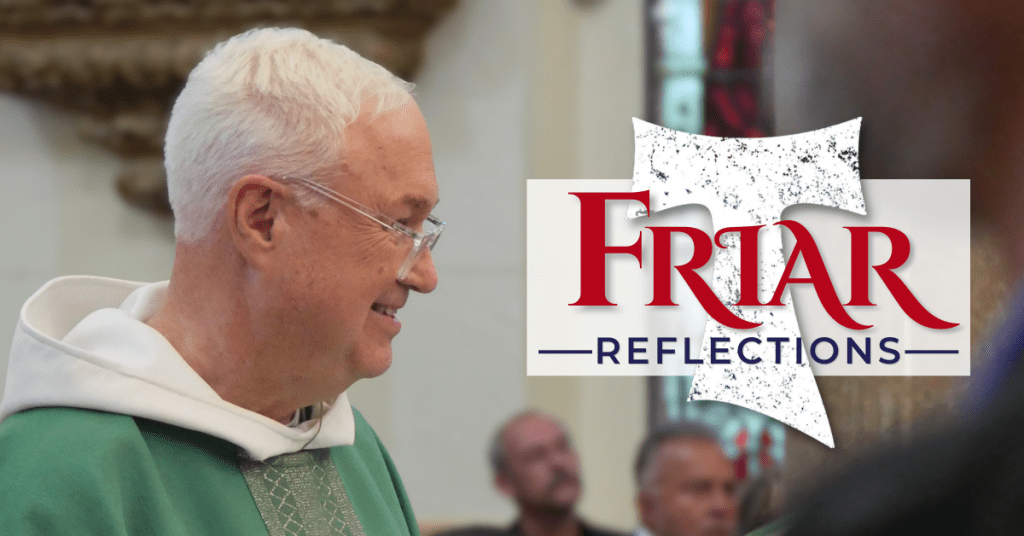
Saints of God…
…the Lord be with you!
My first reaction to today’s Gospel (Matthew 5:17-37) was this is really long, and who in the name of all that is holy can keep all these commandments! The first reading (Sirach 15:15-20) however gives me hope “If you choose you can keep the commandments, they will save you; if you trust in God, you too shall live.” To be honest, sometimes I choose not to keep the commandments. However, there are times when I want to keep the commandments, but don’t. So, I guess I’m going to trust in God, at all times.
And maybe that is the point. No one can keep all the commandments all of the time. The Good News is that Jesus did not come to abolish the law or the prophets but to fulfill them! Jesus’ life of obedience saves my life when I am disobedient. I must trust HIM, and perhaps I can live His commandment to simply “Love God, and love my neighbor as I love Myself.” Love fulfills the law! (Since yesterday was Valentine’s Day, what a great Valentine’s gift if even a day late!)
Perhaps this is the whole point of these readings a few days before we start the season of Lent. Lent might be a time for us to fast from the idea that we can be perfect. Lent might be a time for us to feast on the truth that we are loved by God even when we fail. Lent might be a time to pay God’s love for us forward by showing our love for our neighbor through Fasting, Praying for others, particularly the poor, rather than ourselves. Lent might be a time to Donate a bit more to charity or the offertory collection here at the parish. Prayer, Fasting, and Almsgiving are wonderful ways to open ourselves to receive more of the love of God that God desires to give us.
Today’s Psalm Response is “Blessed are they who follow the law of the Lord.” Perhaps the readings are trying to remind us that the Law of the Lord is Christ; the Word, the Law made flesh. As we prepare for Lent, let’s not be overwhelmed with all that we are supposed to do, and let’s not be discouraged when we fail at what we desire to do. This Lent, let’s put our trust in God, in Christ, for God promises that we too shall live.
– Fr. Steve
